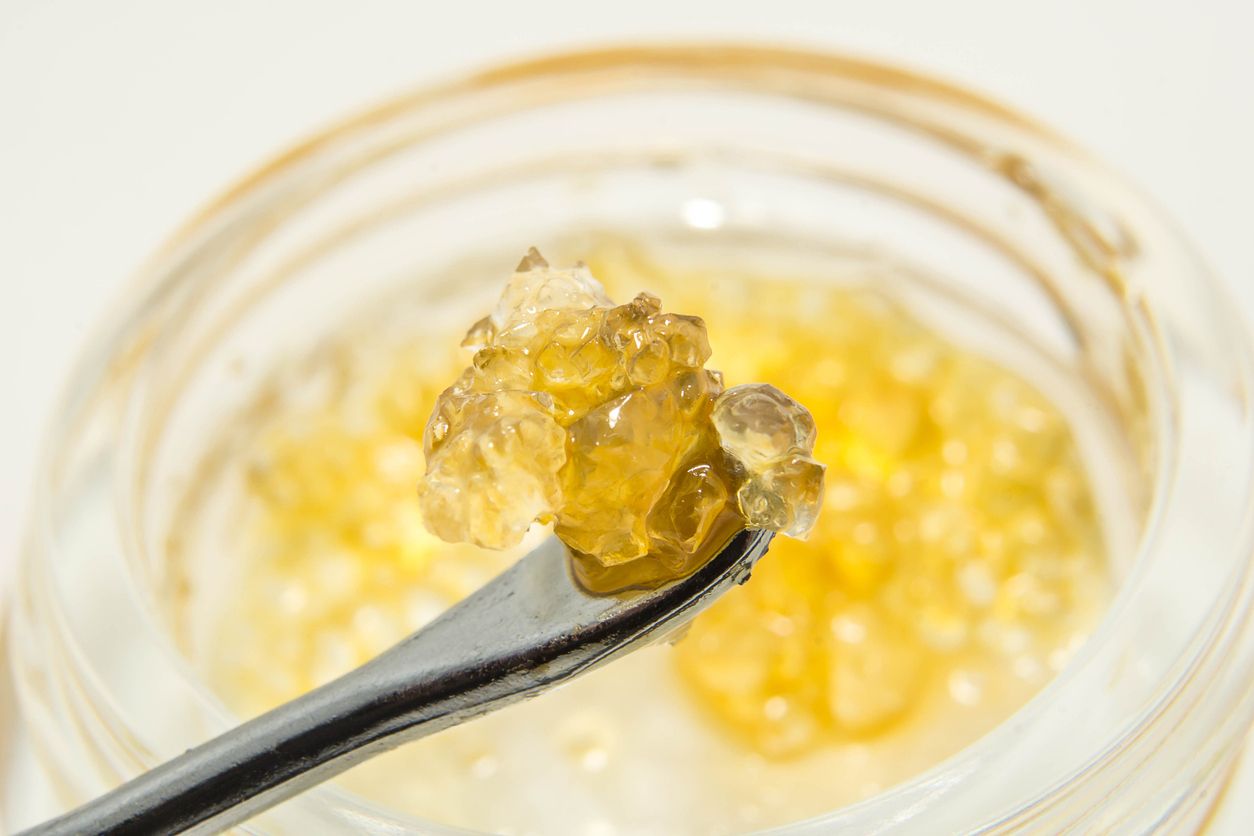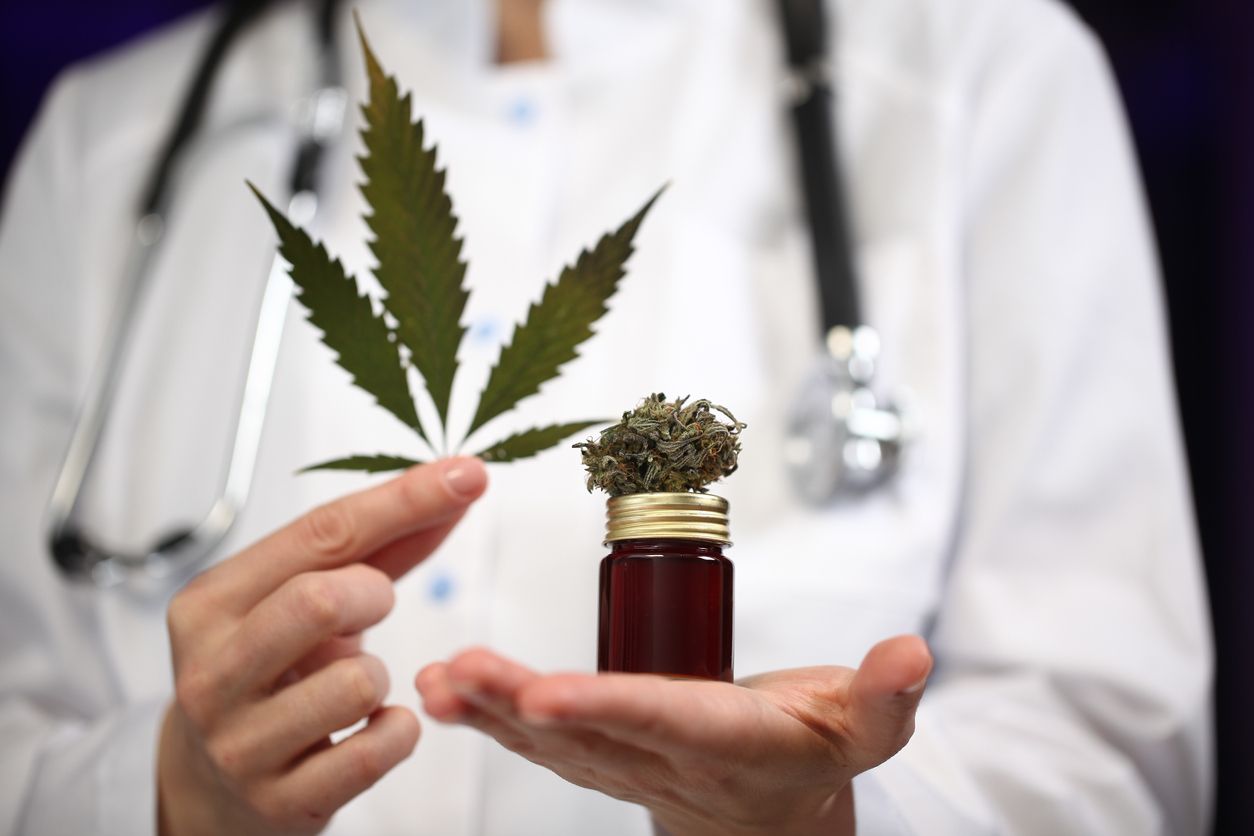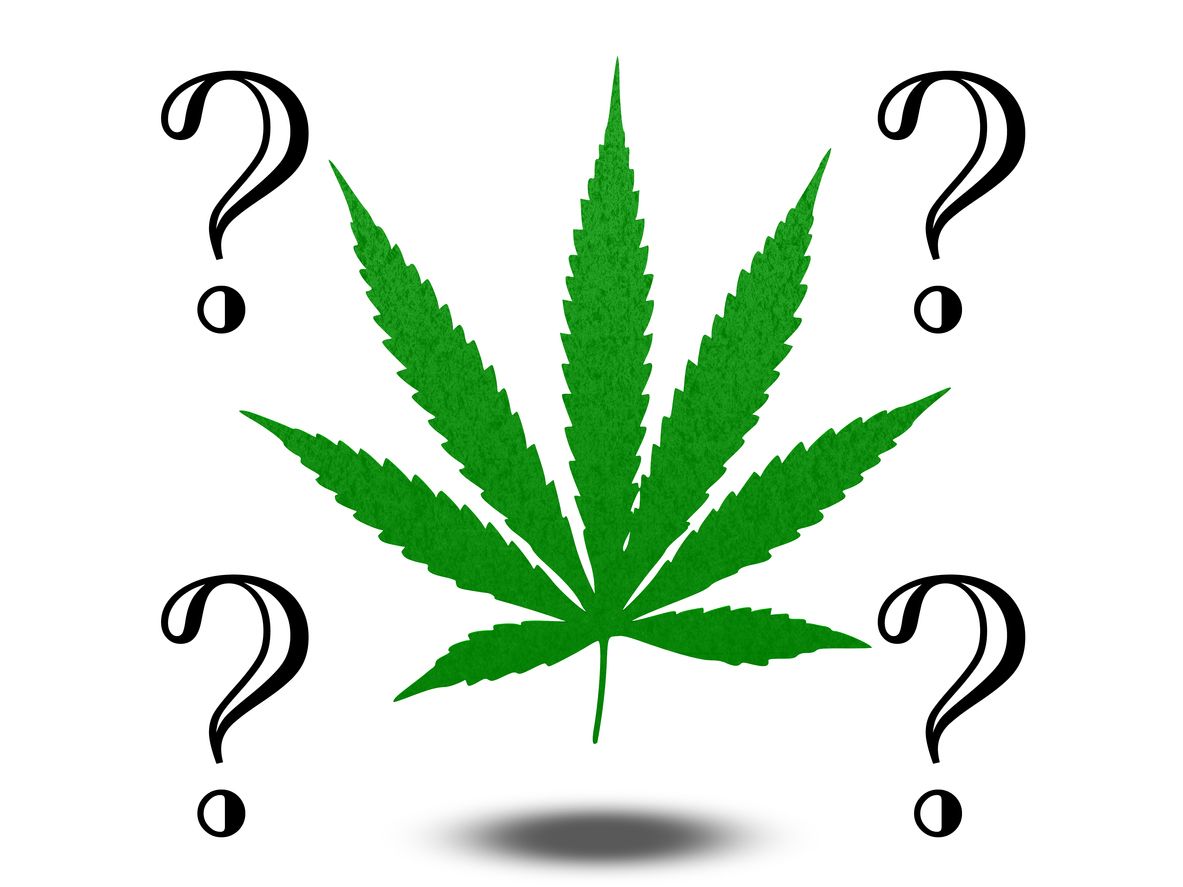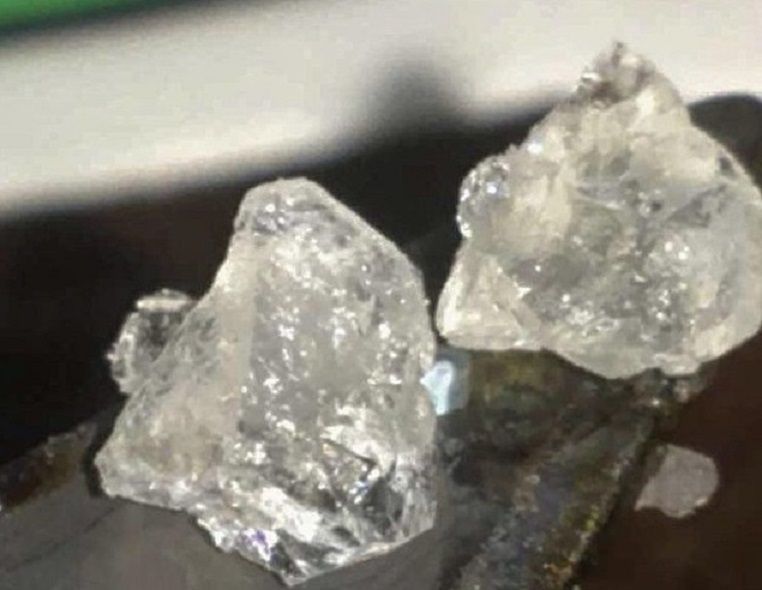THCA

All cannabis strains were once believed to contain virtually the same things. Many consumers still think that there isn’t much difference from one strain to the next. For most recreational consumers, as long as a plant produces the euphoric inducing high, its effects are chalked up to the ideal experience. Luckily, years of rigorous research into the plant species has now revealed a whole new world full of powerful elements that were hiding just out of view.
We now know that hundreds of different cannabinoids and terpenes exist in cannabis plant species and that every marijuana strain will produce its very own unique chemical profile, with each one consisting of an entirely different recipe of elements from the last. These components work in various combinations to produce an astounding range of effects. One of the most primary active ingredients is THCA, which should not be confused for THC, as the two differ significantly from one another.
What is THCA?
Tetrahydrocannabinoliclic acid (THCA), is a naturally produced active chemical in cannabis plants that is the precursor to tetrahydrocannabinol (THC). It is present in all raw marijuana plant materials, but it is found in the highest concentrations on the bud flowers.
THCA vs THC
Though these two are commonly misinterpreted as having the same meaning, they are quite different from one another. THCA makes up the majority of cannabis concentrates. It is the base ingredient that eventually converts into THC when the bud flowers, concentrates or other products are decarboxylated using heat. So technically, they are the same chemical, but THC is an activated form that will produce psychoactive effects.
The effects of THCA
THCA does not produce the stereotypical high that is often expected from consuming marijuana plants. Because of this, you can eat a bud and not get high, as the inactivated component that lies within offers many similar benefits to its counterpart THC, but without the mind-altering effects.
Medical benefits of THCA

-
Anti-inflammatory - Helps to treat conditions like multiple sclerosis and arthritis.
-
Antiproliferative - Aids in the treatment of prostate cancer.
-
Antiemetic - Treats both nausea and appetite loss.
-
Neuroprotective - Heals damage and can assist in the treatment of neurodegenerative conditions such as muscle spasms and Parkinson’s.
Pain relief - For both injuries and long-term chronic pain sufferers.
Sedative - Improves the quality of sleep by helping to reduce disruptions to the cycle.
How to use THCA
THCA is in all raw cannabis product which will typically be added to things like lotions, edibles, smoothies or bath bombs. This element can be used in any way that does not require combustion to achieve, as too much heat will convert the THCA into THC and release its psychoactive effects, as such it can’t be smoked or vaporized. Instead, it can be eaten, ingested and even inhaled.
How to convert THCA into THC
Technically, some of the THCA will already be transformed once the cannabis plant materials are cured. The moment that the buds begin to dry, the THCA will start to change, but it won’t shift a significant amount without a bit of help. When you smoke or vape a marijuana concentrate or bud, it will instantly convert once the heat has been applied. However, those who are looking to make other options like edibles will need a more precise heat measurement to get the job done. Full decarboxylation takes a minimum of 45 minutes of exposure to 220°F.
FAQ’s

-
Do other plants produce THCA?
Cannabis plants are the only species that produces THCA in any significant quantities of this element. -
Will THCA convert to THC if it is ingested?
The human body does not reach a high enough temperature to convert THCA into THC, so it can be safely ingested without concern for psychoactive side effects. -
How to choose between THC and THCA products?
This will depend entirely on your own personal preferences and tolerance levels. THCA is an excellent option for anyone that is looking for an all-natural health boost without the high. THC is great for both recreational consumers and medical patients who are seeking relief, but it can impair motor function, memory, response time and other critical skills that may be required to complete day to day tasks. The decision is an individual’s choice, that should always be made between yourself and your family healthcare provider. -
Why does my local cannabis dispensary mark dry bud flowers with a THC label?
Though what is inside of the package is mostly THCA, most vendors know that THC is a label that long-time recreational consumers understand and respond to. So, they choose to use it instead of the proper scientific term for the form that it is in before consumption. Technically, they aren’t entirely dishonest, as the compound will convert at an equal rate once it’s been smoked or vaped.


